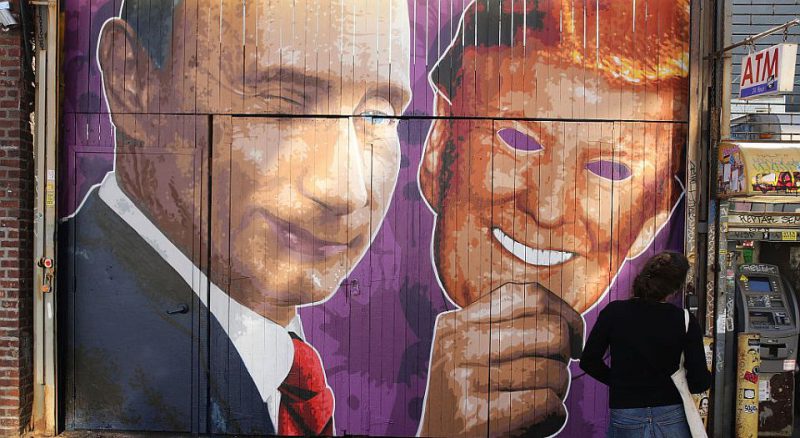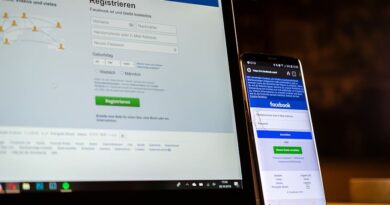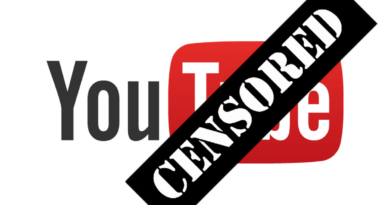Russiagate was collusion between Big Tech and the mainstream media
Big Tech and mainstream media used the Russia collusion theory as a pretext to minimise the influence of independent media and define acceptable thought under the guise of ‘fake news’. Now that it has been proven false, this has to be our collective reminder as to who the real enemy is.
There appeared a time, not long ago, that the masses were waking up to media dishonesty and agendas which went beyond the left-right paradigm, in large part thanks to the alternative media who had free and open platforms to disseminate their information on social networks.
A sensible brand of critical thinking was shaping online communities that were against illegal foreign interventionism, cronyism, media deception and its servitude to government and corporations, causing the response rate between a claim and its exposure to shrink, thus nullifying certain threats.
The 2003 decision to go into Iraq under the pretext of Saddam Hussein holding ‘weapons of mass destruction’ would have been met with far more scepticism than the 52 percent of Americans who supported the intervention in the age of Facebook, YouTube and Twitter which would not be created until shortly after the subsequent invasion. In contrast, at the height of the Syrian conflict, far more alternative voices were prominent which contributed to much less public support (25 percent) and, although a costly conflict, total upheaval was avoided.
However, this generation’s ‘weapons of mass destruction’ came in the form of alleged Russian meddling in the US elections, fuelled by these very media outlets. They have succeeded in drawing new battle lines and finding a different route to making us fight amongst each other while, at the same time, narrowing the spectrum of debate.
Big Tech and mainstream media essentially colluded with the 2016 Democratic Party campaign but, after failing to land Hillary Clinton in the White House, set out to limit free speech and minimise the influence of independent voices under the guise of ‘fake news’ and foreign meddling.
Google’s parent company, Alphabet, was the biggest candidate committee contributor to the Hillary Clinton campaign with over $1.6million donated. Its owner, Eric Schmidt, leveraged his power in Silicon Valley to generate a source of influence for Hillary’s election and met with her campaign chairman John Podesta on several occasions.
Six days after Donald Trump won, Google, along with Facebook and Twitter, announced they would begin implementing censorship practices against news sites they deemed misleading. A new algorithm targeting ‘fake news’ drastically reduced traffic to many independent news and advocacy sites with the likes of Democracy Now and WikiLeaks experiencing massive drops in their returns from Google searches.
Facebook, which funded the Clinton campaign to the tune of $478,466, rushed to clamp down on ‘fake news’ in the aftermath of Trump’s victory by employing ‘independent’ fact-checkers who all happened to hold the same political allegiance. Among them was the Atlantic Council, a group funded by the governments of the US, UK and UAE, as well as arms company Lockheed Martin, among other corporate sponsors. In October 2018, over 500 political pages were purged, many with huge followings such as the Free Thought Project (3.1 million likes), The Antimedia (2.1 million) and Police the Police (1.9 million), proving it was a campaign that went far beyond banning solely controversial figures like Alex Jones, which was still not acceptable.
There was an attempt to overhaul the internet on the basis that alternative media could not be trusted and that the void had to be filled by the reliable old guard of the mainstream. The ‘Russian Collusion’ narrative was given unlimited airtime from 2016 by alleged industry leaders and once respected outlets like the New York Times, CNN and Washington Post. The official narrative quickly became the only narrative.
The greatest irony of the campaign against ‘fake news’ is that it was built on the biggest ‘fake news’ story of all.
The confirmation that Mueller found no collusion must come as a wake-up call, a reminder that we cannot allow panicked tech and media companies to silence alternative media. We have too much to lose.
The next wave of propaganda will be back before long under a different disguise. What remains to be seen is whether we use the latest hoax as a reminder to be more vigilant or if we continue to slip further into our old ways.
This article was first published on Spiked and was edited and posted with permission




